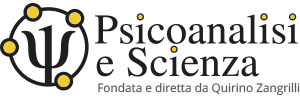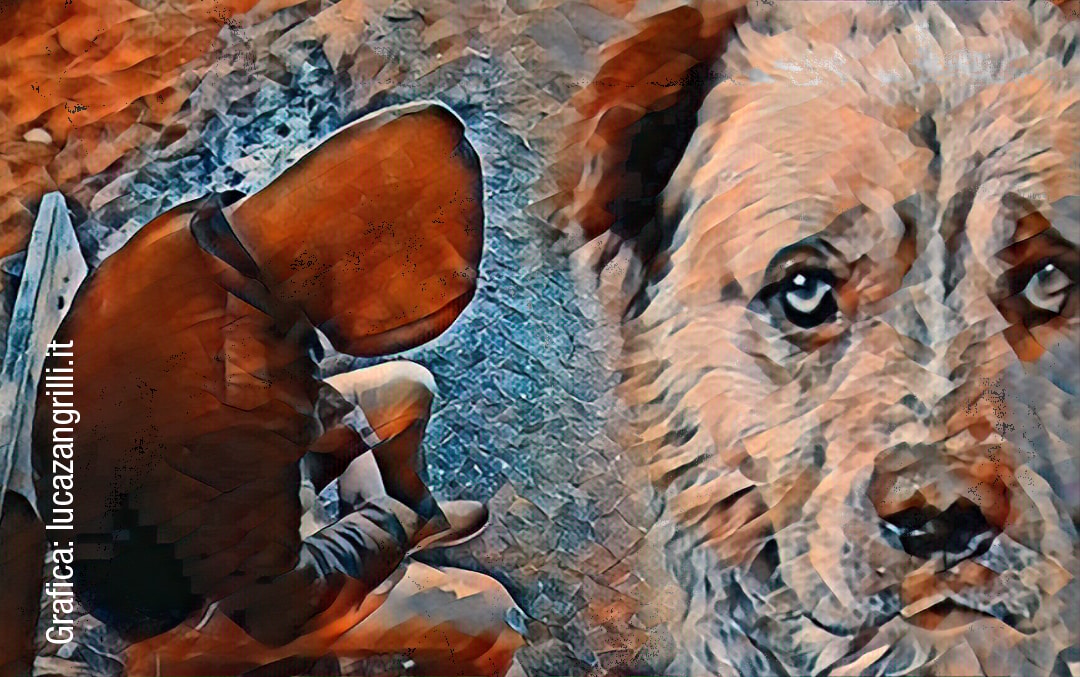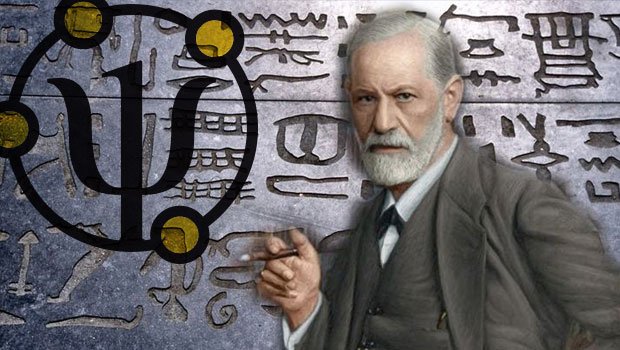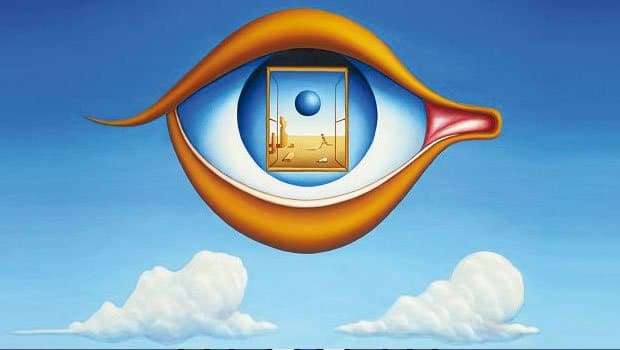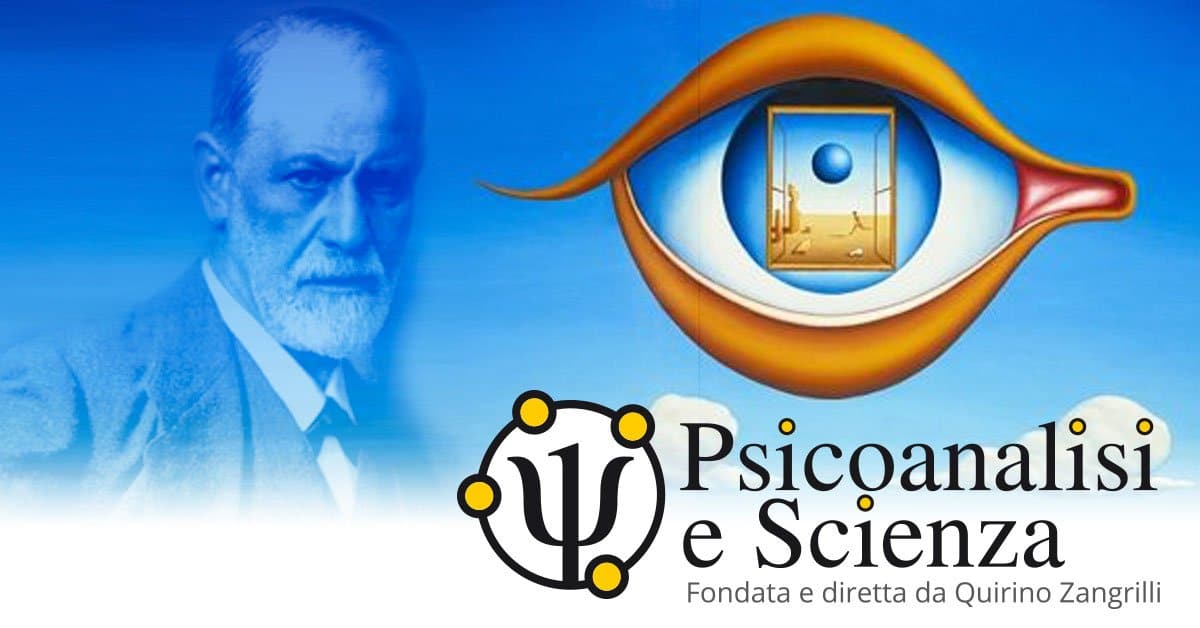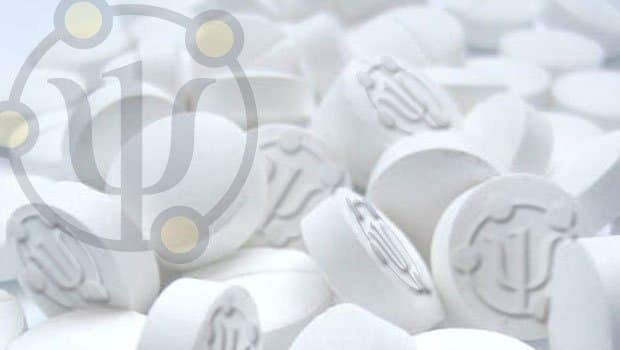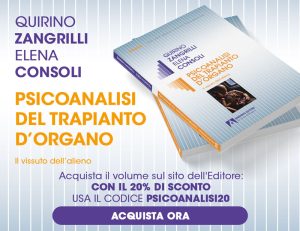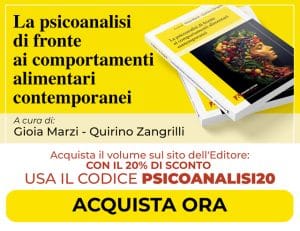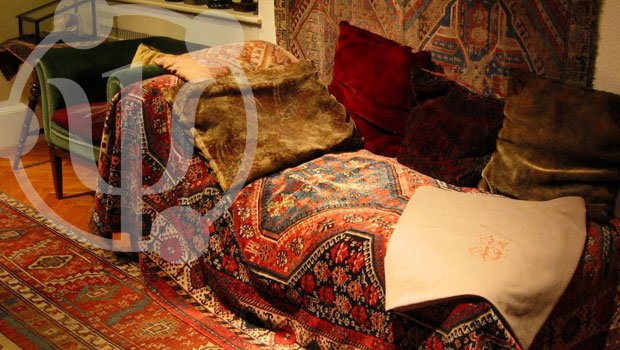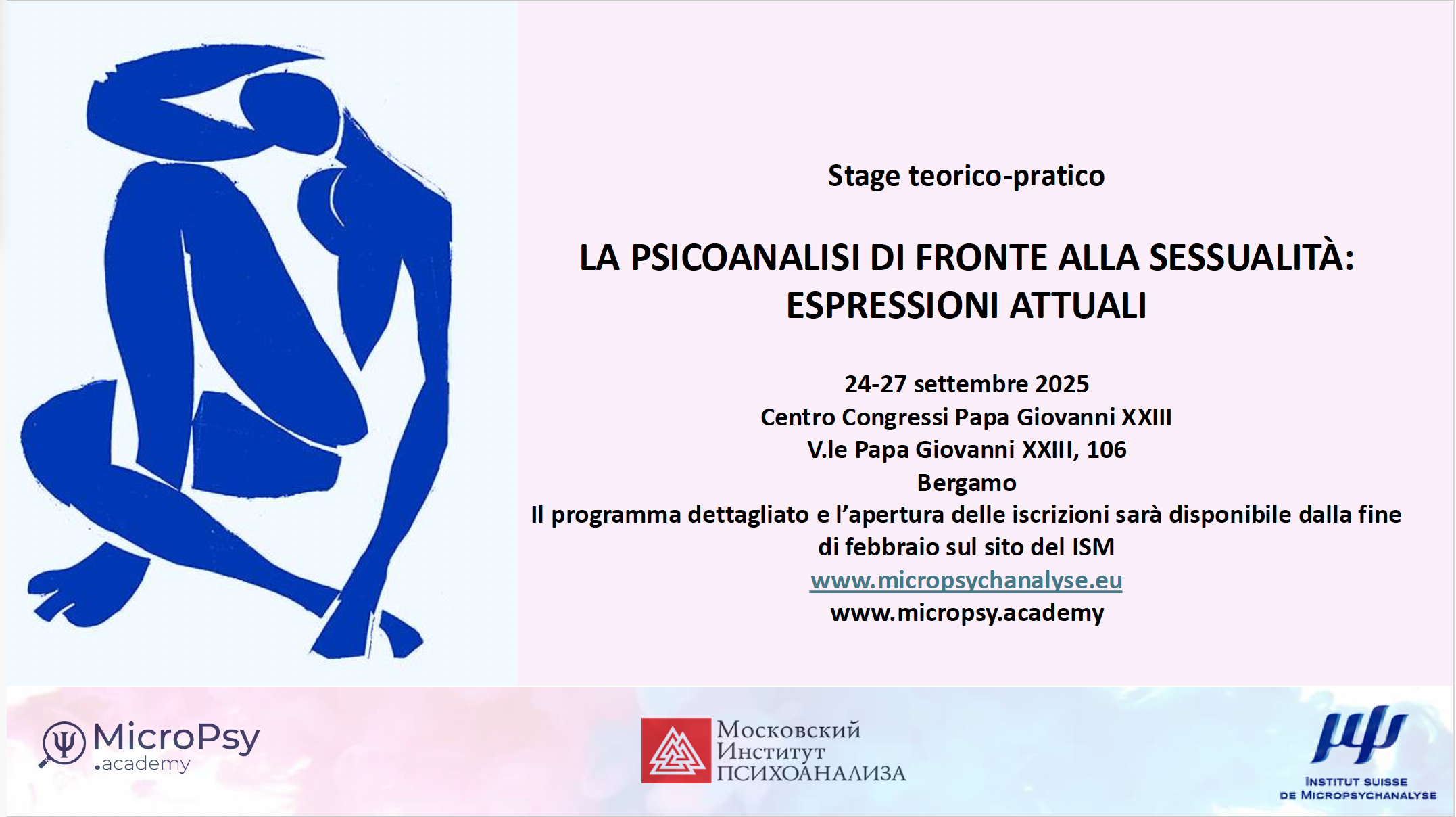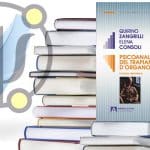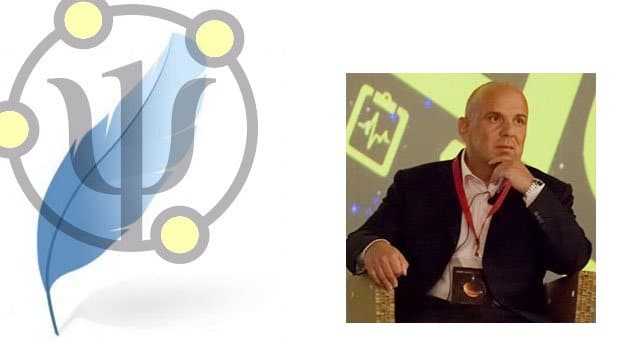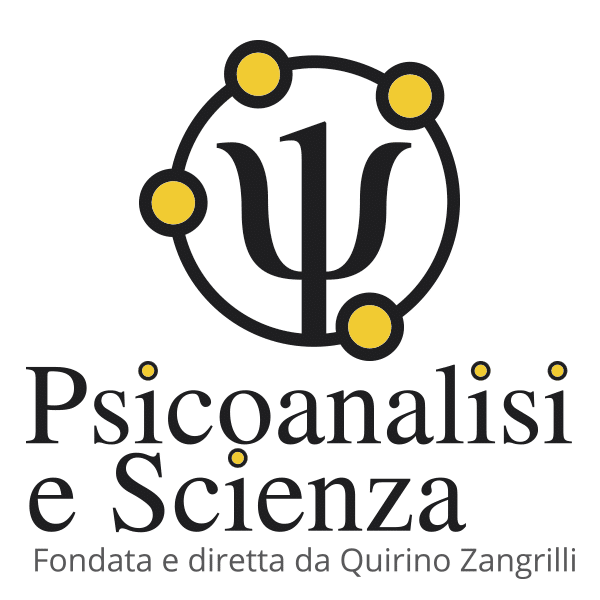Sommario
During a therapy session, I am listening to the Dream of one of my patients (a young lady) made during one of the last lockdowns:
” I was attending a “Country fair” type of event
Initially, people were happy, especially two young boys.
I get closer and as I focus better I notice the total degradation of the people. They are all in pain, with tired eyes and begging me for a little water.
There is some food on trays, I try the food, but it has no taste.
I go back and can’t find the people: the place is entirely empty.
There is only a couch that can be glimpsed, but it is empty too.
There is no more food.
My dog cannot run: he is tied up with a rope and is in terrible pain.
I untie him. “
Before returning to my patient’s dream, whose meaning I believe is almost transparent and intuitive to most, let’s make a very brief overview of the current situation.
Psychopathological Epidemiology
One out of three Italians has developed symptoms of depression linked to the epidemic caused by Covid-19 (data from the Italian Society of Neuropsychopharmacology).
Luigi Vanvitelli set up an interesting study, coordinated by the Department of Mental Health of the University of Campania, aimed at evaluating the areas of psychosocial functioning, including the presence of symptoms of the anxiety-depressive, obsessive-compulsive, and post-traumatic stress spectrum. The results, obtained from a sample of 20,720 participants, show that levels of anxiety, depression and symptoms related to stress, increased during lockdown especially in women.
Furthermore, the duration of exposure to lockdown represented a significant predictor of the risk of presenting worse anxiety-depressive symptoms. (Fonte ISS https://www.epicentro.iss.it/coronavirus/sars-cov-2-salute-mentale)
The Covid-19 epidemic caused psychological disturbances during lockdown in 65% of Italians, 63% of British, 69% of Spanish and 50% of Germans, with a European average of 58%. This is evidenced by the research conducted by the Elma Research Institute for Angelini Pharma on the occasion of World Mental Health Day on 10 October. (In http://www.rainews.it/dl/rainews/articoli/epidemia-disturbi-psicologici-italiani-ab454e2b-a741-4fb6-8a4a-5360da664c4f.html)
According to the Italian Society of Psychiatry (SIP), “300,000 more people will apply for treatment on mental health services. An increase of one-third of patients – psychiatrists denounce – which risks overwhelming the national assistance network in the absence of additional resources for new recruitment and investment in technology ”. According to experts, “in the post-lockdown phase there will be more and more patients with mental disorders and ever fewer psychiatrists and health professionals able to treat them”. (see also –>)
If in 2019 the amount of Italians who consumed alcohol were 36 million (66% of the population), of which 8,700,000 at risk of addiction (2.5 million of these were women), after lockdown it is estimated that the total will exceed 10 million. (Istat data). The Italian Society of Alcoholism has raised an alarm after having estimated a 15% increase in alcohol addictions, in half of the cases associated with serious psychopathological manifestations. Worse still: 20% of patients who had come out of alcohol addiction, during lockdown and its relative isolation, have relapsed into addiction. Moreover, the approximate 800 thousand underage drinkers in 2019 have now significantly exceeded one million in total.
The scientific associations of dentists have documented an impressive increase in cases of nocturnal bruxism and the consequent sale of bite guards has surged. Data from the Italian Society of Periodontology and Implantology (SIdP), exhibited at the Perio 2020 National Congress held in Florence.
The data come from the USA but a very similar situation is happening in Italy and in the rest of the world, underline the experts of the aforementioned Society. Night bruxism is the expression of feral aggression which, being neither able to express itself nor be sublimated through sport, which has in actual fact been suppressed in Italy, is discharged during the sleep -dream, where the egoic defenses diminish. They are archaic animal reactions typical of animals confined for long periods of time in cages.
A dream, a Life suspended in the Void
Let’s go back to my young patient. She is what we would call a normo-neurotic, in other words, a perfectly normal subject. An intelligent girl who undergoes therapy for existential purposes. She has grasped the fact that the pre-analytic life of each of us is comparable to that of a marionette manoeuvred unknowingly by an intangible entity (the unconscious). Eventually, the puppet wishes to become aware of the conflicts and unconscious processes that guide its choices.
Before the pandemic outbreak, life seemed to smile at her. She had set up her own business that, with hard sacrifices, was taking off but had now been prohibited by government regulations: the so-called “refreshment” (what a sadistic cynicism of terms!) not even merely enough for one’s existence.
Her sex life was in bloom and she enjoyed it serenely without having a steady relationship. Now the house confinement, the abolition of any possibility of social interaction, prevents her from satisfying her sexual drive: we know that discos, gyms, swimming pools, restaurants and bars are closed. Sociality has been abolished.
The dream looks like a post-atomic dystopian film.
Worse than the wars that the Italians experienced at the beginning of the last century,
where in the First, the sacrifice was exclusively on the shoulders of young people and death was sown on the front only; and where the Second, despite its immense destruction, had an enemy to fight and hate, and human comfort and solidarity were not only allowed but sought after and cared for. Today we do not even have the comfort of the binding on the persecutory object: “the virus is impalpable, unrepresentable” we are told that it is everywhere, and also that we are responsible for this havoc. Nobody cares to explain to us why Italy (the lower case is a must) is the worst country in the world of the so-called civilized West for the correlation between the deaths and the number of people infected (case-fatality ratio), and the second worst, after Belgium, for mortality (deaths in relation to the population).
In the dream, the desolation of the pandemic is presented, the emptiness of existence, of the forced confinement at home.
Food equals life: a completely tasteless life that loses its meaning and significance.
We know that there is a frenetic surge in suicides, especially among young people. It is the Child Neuropsychiatry Unit of the Regina Margherita Hospital in Turin that sounded the alarm: we have gone from 9 suicide attempts in 2009 to 35 this year, with an 80% increase in patients hospitalised for “suicidal ideation”.
Adults have a story to cling to, memories, goals to be proud of, children on which to project their residual hopes. Teenagers and young people who are already coming from of a period of inevitable psychic suffering (differentiation and psychic separation from their parents) have now suddenly lost the interaction with their friends, their favourite sports, games and group rituals.
I believe that the closure of schools, made necessary for the total, factual, inability to resolve the problem of the assemblage caused by public transport, is a decision that will determine very serious psychopathological consequences. Consequences of a political class that only has at heart its own survival and does not understand the most elementary vital needs of the population it governs.
All this with the total contempt for the pressing recommendations of the WHO itself which, based on the latest data available, underlined how the impact of infections in schools is limited, that the transmission of the coronavirus among students takes place above all outside schools and that, in any case, the probability of contagion is extremely lower in children.
“Given the devastating consequences on children, young people and our society, the decision to close schools should be the last option”, a “temporary and only locally based solution in areas with intense Covid transmission. -19 “. This is the warning launched by the general director of the World Health Organization (WHO), Tedros Adhanom Ghebreyesus.
Dreams are merciless, they demolish rationalisations.
Specifically, the lack of food represents the total impossibility of compulsion satisfaction and the tied dog is the individual who dreams, and it is us that are now tied to the chain.
The dream is, as always, also the satisfaction of an unconscious desire: to untie one self, to recover lost freedom.
I leave our choices to the conscience of each of us.
Written by: Quirino Zangrilli © Copyright
Translated by Linda De Nardo and Lucrezia Zangrilli
Coronavirus and Psychic Regression
Covid-19 pandemic: what’s human left?
E’ autore di 74 tra libri e pubblicazioni scientifiche. Ha partecipato in qualità di relatore o di presidente di sessione a numerosi Convegni scientifici nazionali ed internazionali.
Il suo libro “La vita: involucro vuoto”, pubblicato da Borla nel 1993, è in adozione dal 1994 presso la Cattedra di Psicologia Dinamica dell’Università di Torino.
Nel 1994 gli viene assegnato il “Premio Nazionale Ciociaria per la Medicina”.
E’ l’ideatore e fondatore della rivista multimediale “Psicoanalisi e Scienza”, la più seguita rivista di psicoanalisi on line al mondo in lingua italiana (Fonte: Entireweb, Alexa, Google, Virgilio, Arianna., etc.). Nel 2012 partecipa come Relatore alla Rassegna Scientifica di BergamoScienza.
Nel 2013 espone i suoi studi sull’nterazione materno-fetale nella Sessione Speciale dell’ XI Congresso Mondiale di Medicina Perinatale a Mosca con la relazione “Intrauterine Imprinting”.
Nel 2024 riceve il Premio Accademico d’Onore della Accademia Culturale Internazionale Cartagine 2.0.
Nel 2024 docente ad Almaty – Kazakhstan presso il workshop di psicoanalisi sul tema della violenza, promosso dall’Università di psicoanalisi di Mosca in collaborazione con l’Istituto svizzero di micropsicoanalisi.
Nel 2025 pubblica come curatore il libro “LA PSICOANALISI DI FRONTE AI COMPORTAMENTI ALIMENTARI CONTEMPORANEI” presso Armando Editore
Nel 2025 pubblica il libro “PSICOANALISI DEL TRAPIANTO D’ORGANO – IL VISSUTO DELL’ALIENO” presso Armando Editore
Doctor Quirino Zangrilli was born in Fiuggi in 1955. Graduated with honours in Medicine and Surgery in 1980, he practices Psychoanalysis, with intensive method, since 1982.
He is author of 74 scientific pubblications. He has attended as speaker or president of session to many national and international scientific Conventions.
His book “La vita:involucro vuoto” (Life: empty involucre), published by Borla in 1993, has been in use by the Chair of Dynamic Psychology at Turin’s University since 1994.
He is the author and founder of the multimedia review “Psicoanalisi e Scienza” (Psychoanalysis and Science), the most read Italian on line review of psychoanalysis.
In 2012 he participated as a Speaker at the Scientific Festival of BergamoScienza.
In 2013 he illustrated his research on the maternal-fetal interaction in the Special Session of the XI World Congress of Perinatal Medicine in Moscow with his relation “Intrauterine Imprinting”.
He is visiting teacher at Moscow Institute of psychoanalysis and training psychoanalist of Swiss Institute of Micropsychoanalysis.
In 2024 he is a teacher in Almaty – Kazakhstan at the psychoanalysis workshop on the topic of violence, promoted by the Moscow University of Psychoanalysis in collaboration with the Swiss Institute of Micropsychoanalysis.
In 2024 he received the Honorary Academic Award of the Carthage 2.0 International Cultural Academy
In 2025 he published as an editor the book “PSYCHOANALYSIS IN THE FACE OF CONTEMPORARY EATING BEHAVIOURS” at Armando Editore
In 2025 he published the book “PSYCHOANALYSIS OF ORGAN TRANSPLANTATION – THE EXPERIENCE OF THE ALIEN” at Armando Editore
Le Le Docteur Quirino Zangrilli est né à Fiuggi en 1955. Diplômé avec mention en Médecine et Chirurgie en 1980, il pratique la psychanalyse depuis 1982, en utilisant une technique intensive.
Il est l’auteur de 74 livres et publications scientifiques.
Il a participé en tant que conférencier ou président de session à de nombreuses conférences scientifiques nationales et internationales.
Son livre “La vie : enveloppe vide”, publié par Borla en 1993, est adopté depuis 1994 par la Chaire de Psychologie Dynamique de l’Université de Turin. En 1994, il a reçu le “Prix national Ciociaria de médecine”.
Il a conçu et fondé le magazine multimédia “Psicoanalisi e Scienza”, qui est le magazine de psychanalyse en ligne en italien le plus suivi au monde. (Source : Entireweb, Alexa, Google, Virgilio, Arianna., etc.).
En 2012, il a participé en tant que conférencier à la colloque scientifique de BergamoScienza.
En 2013, il a exposé ses études sur l’interaction materno-fœtale lors de la session spéciale du XIe Congrès mondial de médecine périnatale à Moscou avec le rapport “Intrauterine Imprinting”. Il est chargé d’enseignement au cours de spécialisation de trois ans en psychanalyse, psychothérapie psychanalytique et consultation psychanalytique à l’Université de Moscou.
Il est membre didacticien de l’Institut Suisse de Micropsychanalyse et de la Commission pour la Pratique de celui-ci.
En 2024, il enseigne à Almaty – Kazakhstan à l’atelier de psychanalyse sur le thème de la violence, promu par l’Université de Psychanalyse de Moscou en collaboration avec l’Institut Suisse de Micropsychanalyse.
En 2024, il reçoit le Prix Académique Honoraire de l’Académie Culturelle Internationale Carthage 2.0.
En 2025, il publie en tant qu’éditeur le livre « LA PSYCHANALYSE FACE AUX COMPORTEMENTS ALIMENTAIRES CONTEMPORAINS » chez Armando Editore
En 2025, il publie le livre « PSYCHANALYSE DE LA TRANSPLANTATION D’ORGANES – L’EXPÉRIENCE DE L’ÉTRANGER » avec Armando Editore
В 2024 году является преподавателем в Алматы – Казахстан на семинаре по психоанализу на тему насилия, проводимом Московским университетом психоанализа в сотрудничестве со Швейцарским институтом микропсихоанализа.
В 2024 был награжден Почетной академической премией Академии Международной Культуры «Карфаген 2.0».
В 2025 году он опубликовал в качестве редактора книгу «ПСИХОАНАЛИЗ В РАМКАХ СОВРЕМЕННОГО ПИЩЕВОГО ПОВЕДЕНИЯ» в издательстве Armando Editore
В 2025 году он опубликовал книгу «ПСИХОАНАЛИЗ ТРАНСПЛАНТАЦИИ ОРГАНОВ – ОПЫТ ЧУЖОГО» совместно с Армандо Эдиторе
